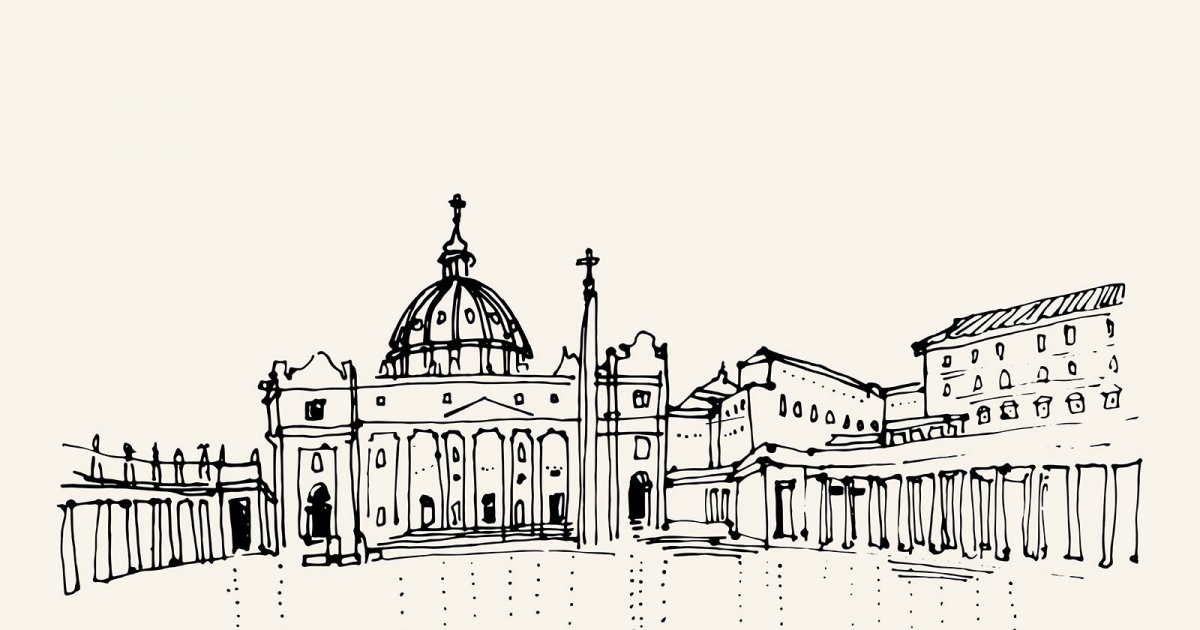VATICAN PALACE - RAPHAEL ROOMS, Raphael Rooms - Eliodoro
 Language: English / USA
Language: English / USA
You are now in the Room of Heliodorus, which is named after its first fresco.
Keep in mind that the pope held private meetings in this room, so it was important both politically and diplomatically, especially after the unfortunate military campaign that failed to drive the French out of Italy. This explains why the paintings exalt the political role of the pope, Church, and God's support against the aggressors. Julius II is also portrayed in two frescoes that recount ancient episodes, reiterating the bond between the past and the present.
Begin by looking at the fresco titled The Expulsion of Heliodorus from the Temple : in a difficult moment for the papal army, the story of Heliodorus, who had stolen the temple's treasure and was punished by God via a priest's intervention, is proposed here as a reinterpretation of current affairs.
The fresco next to it called The Meeting of Leo the Great and Attila shows the barbarian invaders being stopped by the pope, while the holy patron saints of Rome, Peter and Paul, appear in the sky.
From this point on Raphael brusquely changes his style, as he had just seen a large portion of the Sistine Chapel's ceiling that had recently been completed by Michelangelo: as you will see, the scenes accentuate the dramatic effects and contrasts between light and shadow, while the architectural structures become overwhelming.
Now go to the fresco titled The Mass of Bolsena, which celebrates a miracle that took place in the thirteenth century and is linked to the feast of Corpus Christi. As you can see, Raphael had to paint this fresco around a window. He managed to do so with a stroke of genius: the left side shows a numerous, crowded group of worshipers, while the larger right sides portray figures of the papal entourage.
While working on the frescoes in this room, Julius II died in 1513; Raphael was full of sorrow and depicted the pope as a saint in the work entitled Deliverance of Saint Peter: a miracle of shining magic and silent, lunar emotion.
FUN FACT: the re-enactment of The Expulsion of Heliodorus from the Temple didn't bring much luck to the Vatican: fifteen years later when the German mercenaries known as the "lanzichenecchi" looted all of Rome, they camped in this room and lit a fire under this fresco, damaging it.



